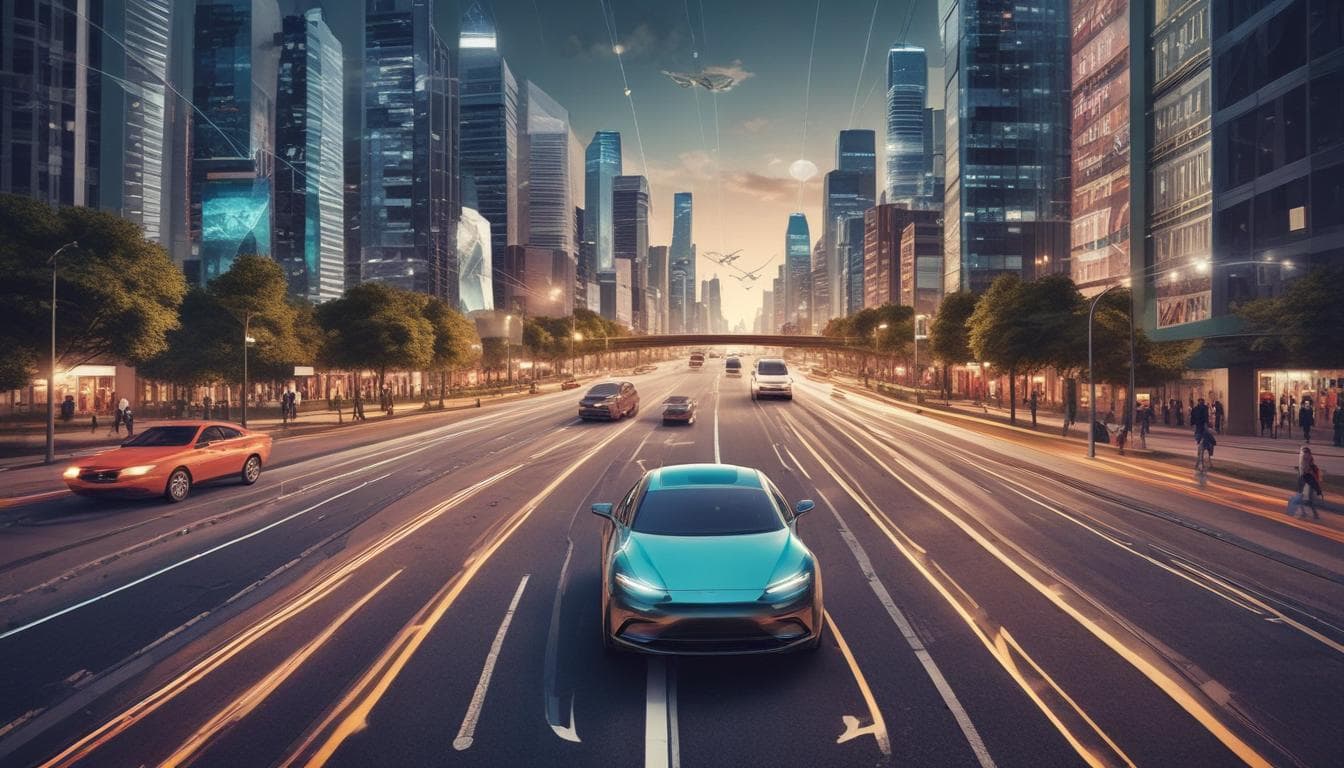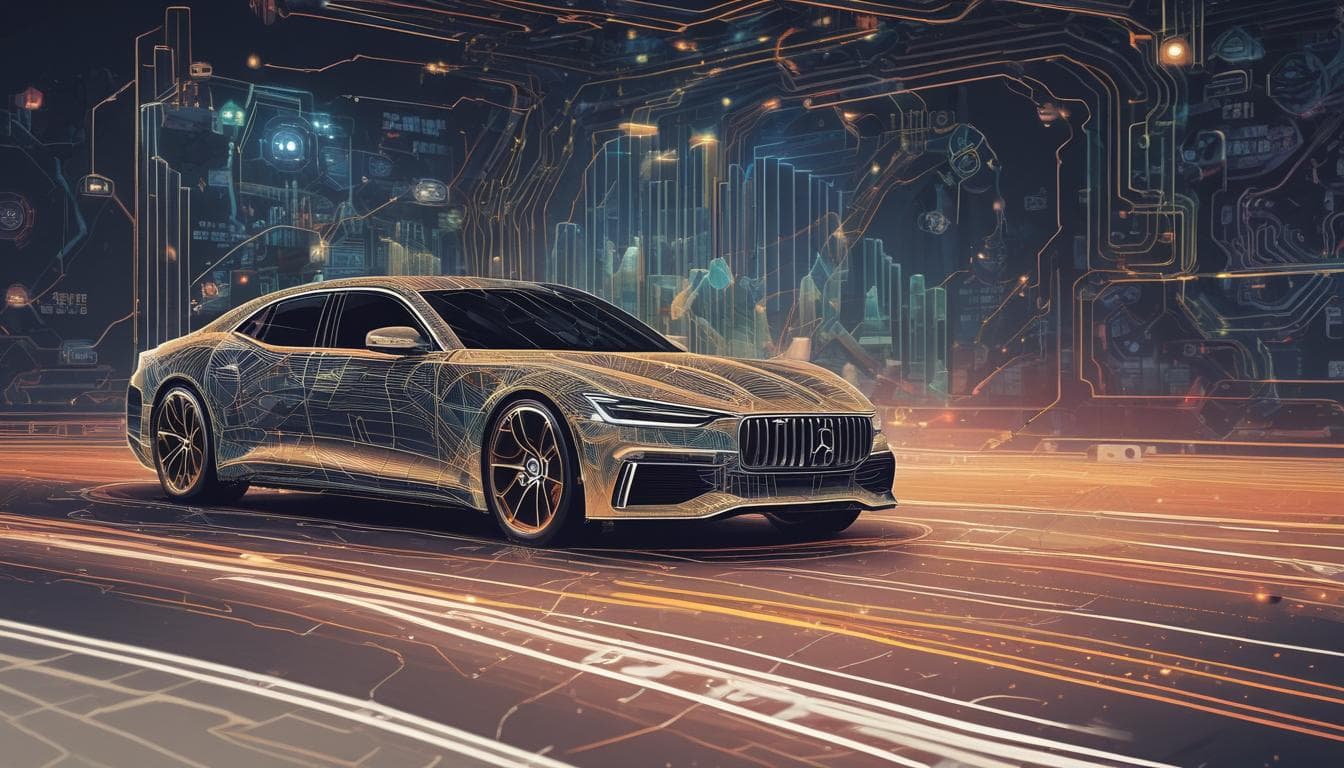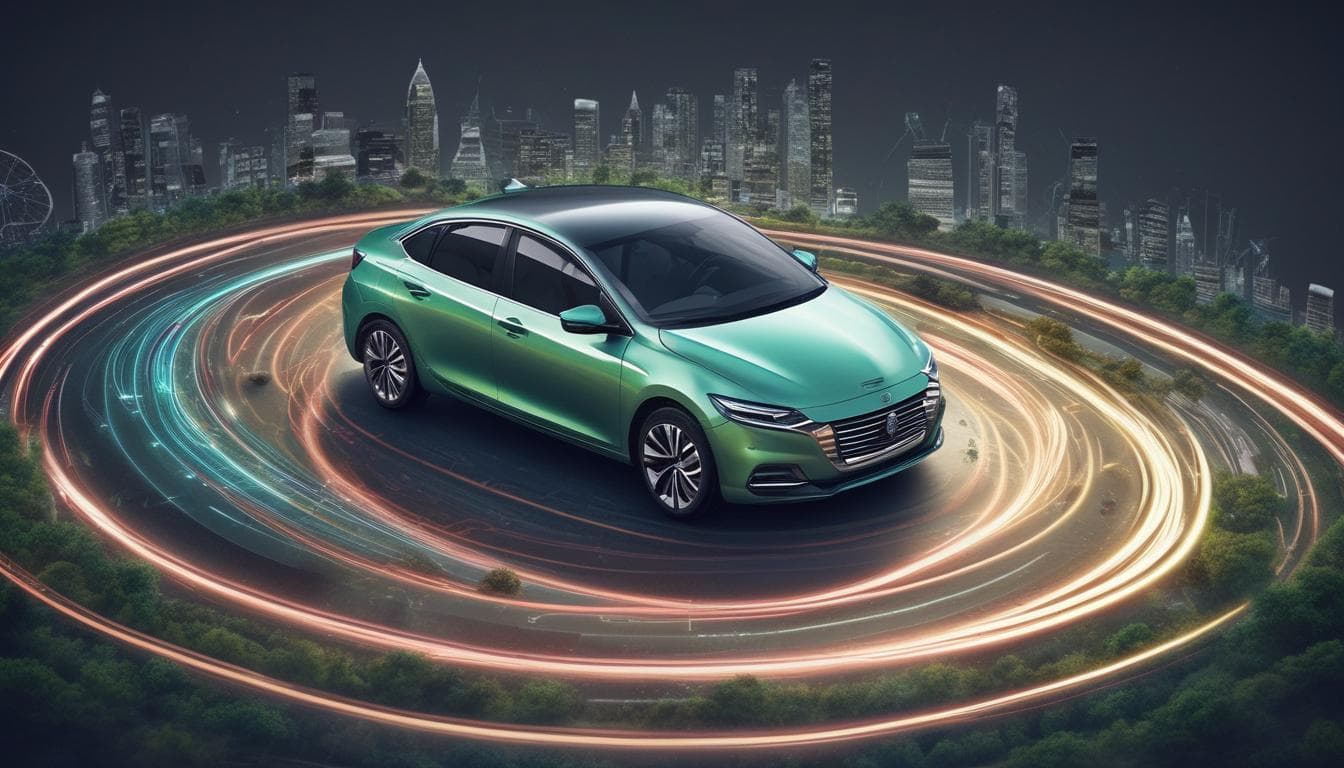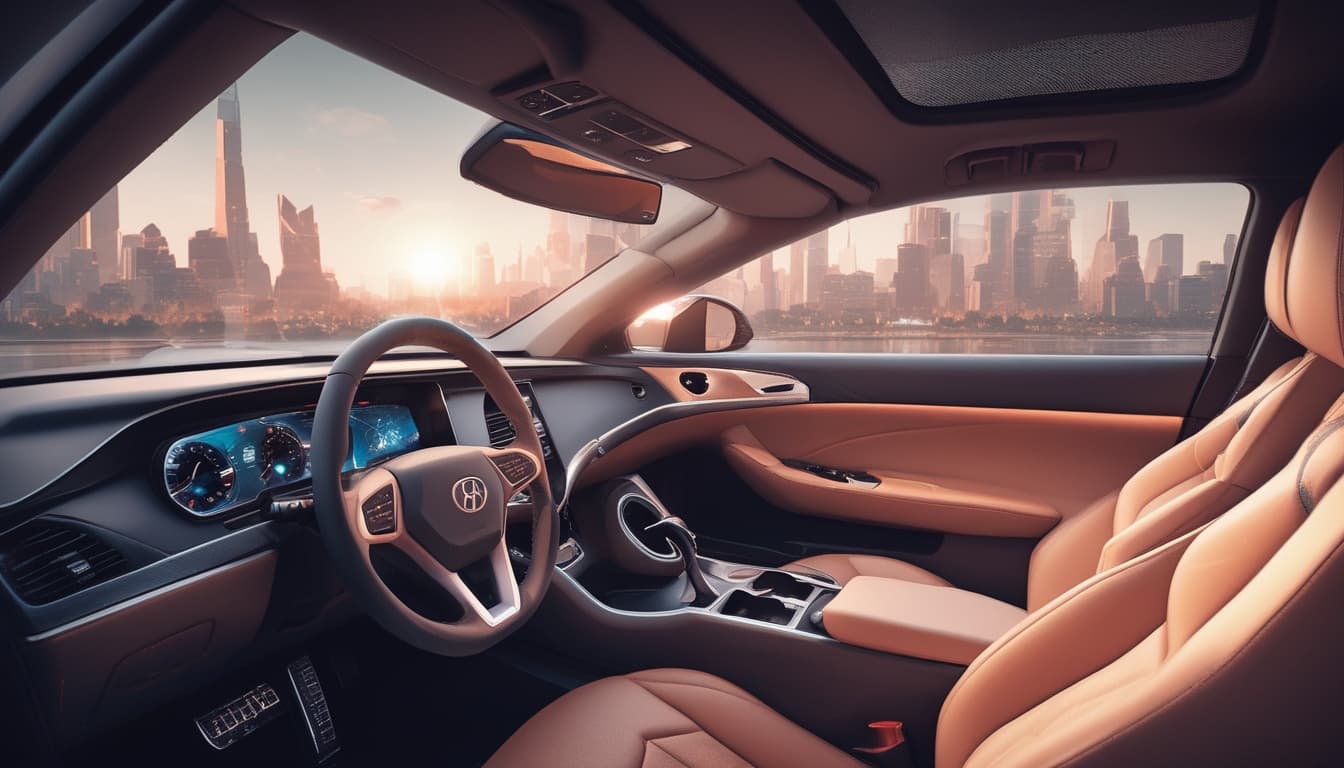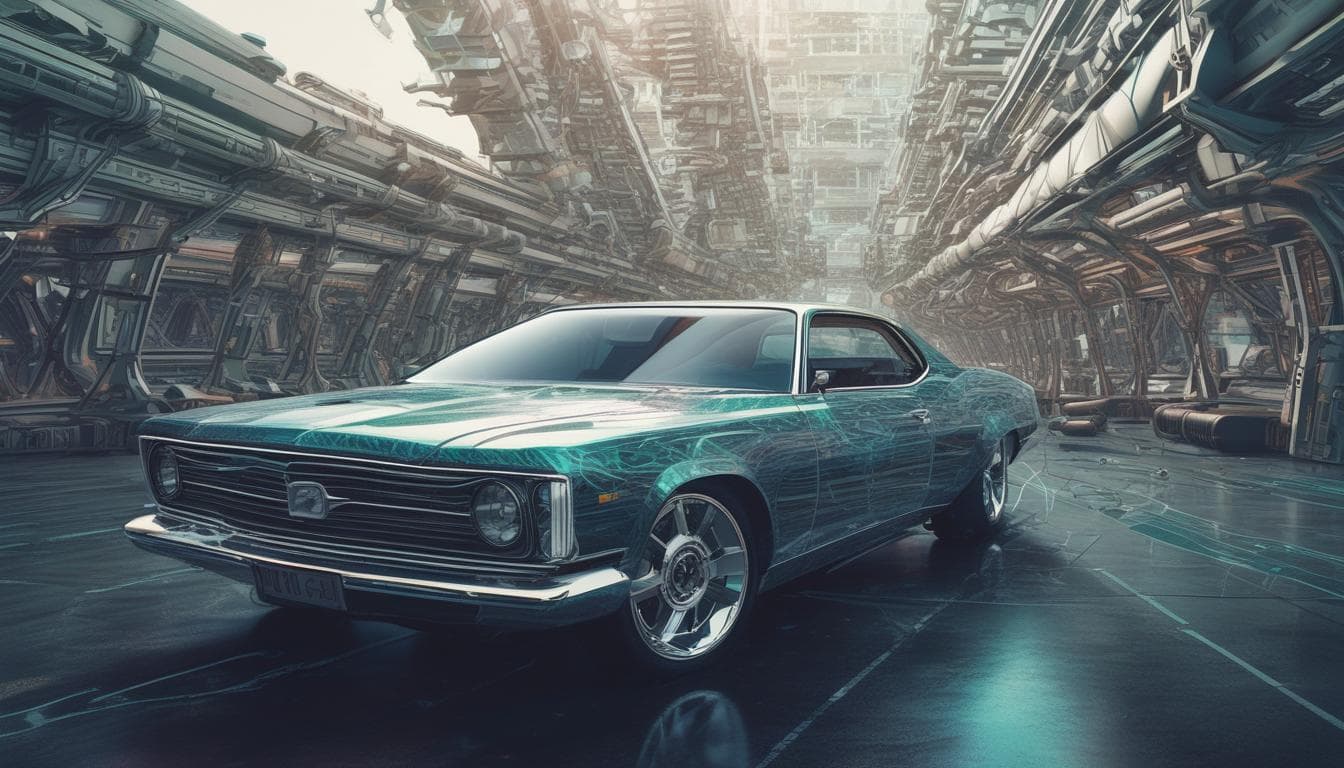With the increasing sophistication of AI in vehicles, how might the relationship between drivers and their cars evolve? Could cars become trusted companions, personalized assistants, or even extensions of our identities? What are the potential benefits and drawbacks of such a close human-car connection?
As we witness the integration of AI into vehicles, the evolution of the driver-car relationship could reshape our daily interactions significantly. Here are a few perspectives on how this transformation might unfold:
The Evolution of Relationship
-
Trusted Companions: With advanced AI, cars can become more than just modes of transport. They could act as companions that learn our preferences and habits over time. For instance, imagine a car that knows when to play your favorite playlist or adjust the temperature based on your mood.
-
Personalized Assistants: Much like personal devices, future vehicles may offer tailored experiences. Think of it as having a co-pilot that anticipates your needs—reminding you of appointments, suggesting optimal routes, and even helping manage vehicle maintenance schedules.
-
Extensions of Our Identities: As customization becomes more pronounced, cars may reflect our personal styles even more distinctly. Features might include personalized user interfaces that adapt to individual drivers, making the vehicle a true extension of who we are.
Benefits
- Enhanced Convenience: With automation, drivers could save time and reduce stress, allowing for a better overall driving experience.
- Safety Features: AI can assist in collision avoidance, monitoring blind spots, and providing real-time updates about road conditions, potentially lowering accident rates.
- Improved Social Interaction: As cars become more engaging, drivers may find themselves having a unique relationship with their vehicles, akin to friendships, which could positively impact mental wellbeing during drives.
Drawbacks
- Dependence on Technology: The more we rely on our cars' AI, the less we may engage in manual driving, leading to a decrease in driving skills over time.
- Privacy Concerns: The data collected by vehicles to personalize experiences might raise issues regarding user security and data privacy. Drivers may need to consider how their information is used and shared.
- Emotional Attachment: While forming bonds with inanimate objects can be comforting, over-attachment to a vehicle may lead to issues when it becomes outdated or when a replacement is necessary.
Conclusion
The relationship between drivers and cars is set to become more nuanced and multifaceted. As we embrace these changes, it will be essential to balance the positive advancements with potential pitfalls. Continuous dialogue about technology's role in our lives will keep us aware of both its benefits and challenges, paving the way for an exciting automotive future.
このトピックについてさらに詳しく探る
会話に参加する
- 未来の自動車:感情を持つコンシェルジュカーがもたらす変革とは?
感情を持つコンシェルジュカーが実現する未来のドライビング体験、サービス、機能について議論し、私たちの生活、社会、自動車産業への影響を探ります。究極のパーソナライズ体験、安全性向上、そして未来のモビリティ社会について、あなたの意見を共有しましょう。
- 自動運転の移動図書館・診療所は過疎化対策になるか?メリット・デメリットと地域社会への影響
自動運転車が普及した未来、地方の過疎化対策として、自動運転の移動式図書館や移動式診療所はどのように貢献できるのか?メリット、デメリット、地域住民の生活への影響について議論しましょう。
- 感情を読み取る車:社会への影響は?
車がドライバーの感情を感知し、運転を調整する未来。交通事故の減少、プライバシー問題など、私たちの社会や文化への影響について議論しましょう。
